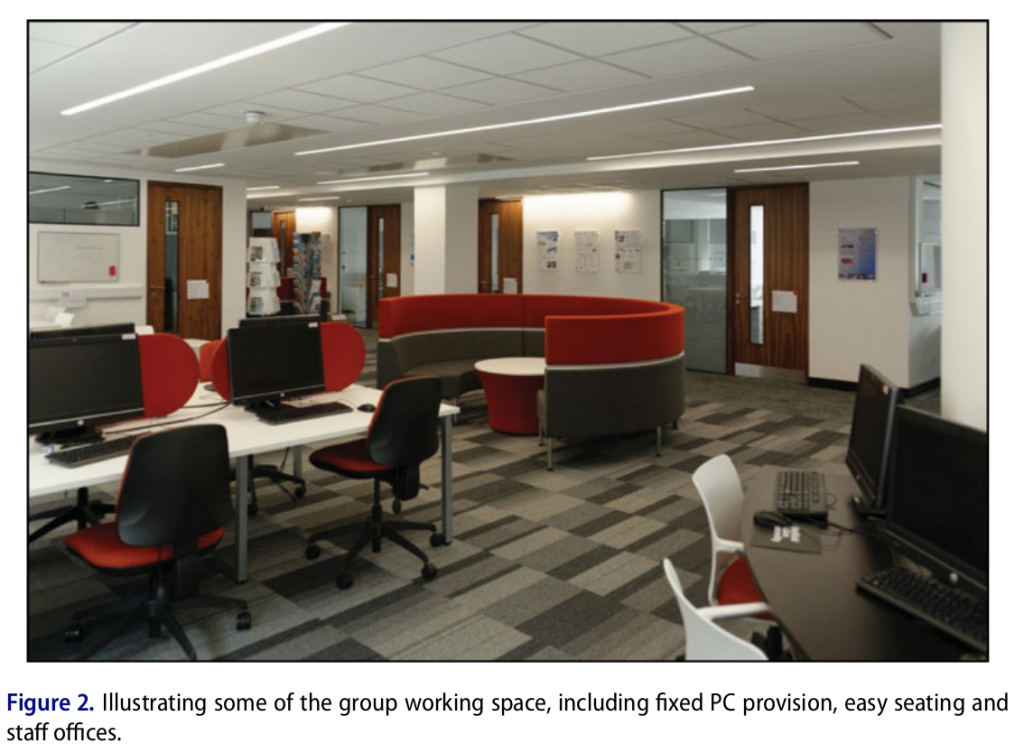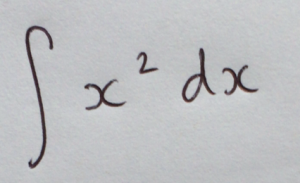Usually at this time of year, I have a look through the New Year Honours list for particularly mathematical appointments. Here are the names I’ve found that are particularly mathematical.
- Tricia Dodd, Chief Methodology Officer, UK Statistics Authority, appointed MBE “for services to Statistics and Research”.
- Dave Watson, director of IBM Research in the UK, who apparently has a focus on big data, appointed CBE “for services to Science and Engineering Research”.
- Maggie Philbin, appointed OBE “for services to Promoting careers in STEM and Creative Industries”.
- Anne-Marie Imafidon, co-founder and CEO of Stemettes, appointed MBE “for services to Young Women within STEM Sectors”.
I think every time I have done this (for New Year and Birthday Honours since 2013), there has been at least one person on the list, and usually several, specifically included for services to mathematics or mathematics education. This time, this is not the case, though there is one mention of statistics.
Are there any others I’ve missed? Please add any of interest in the comments below. A full list may be obtained from the UK Government website.

